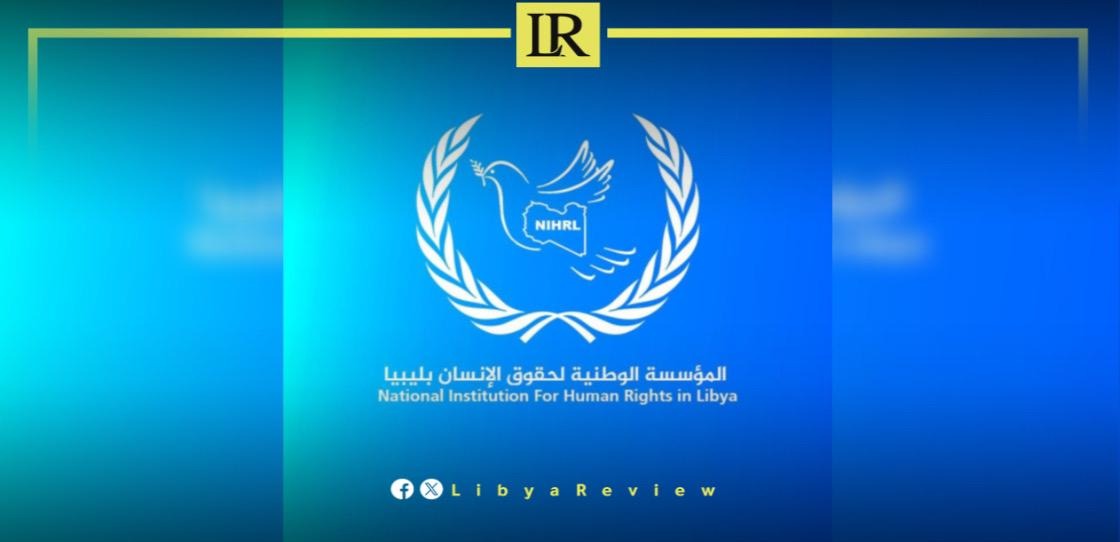The National Institution for Human Rights in Libya (NIHR) has called on Libya’s Presidential Council and Prime Minister of the Government of National Unity (GNU), Abdel-Hamid Dbaiba, to dismiss Acting Interior Minister Emad Al-Trabelsi, accusing him of serious and systematic violations that it says may amount to war crimes.
In a formal statement, the organisation said Al-Trabelsi had failed to deliver security, stability, and effective crime prevention across the country. It noted that the Ministry of Interior and its affiliated security directorates have not fulfilled their responsibility to arrest fugitives or enforce the rule of law.
The institution also accused the acting minister of “turning a blind eye” to what it described as unlawful practices carried out by the General Security Service, headed by his brother. It alleged that the agency has become “a safe haven for outlaws and prison escapees,” operating outside legal oversight.
The statement stressed that the removal of Al-Trabelsi is essential for reforming Libya’s security sector, restructuring the Ministry of Interior, and restoring the credibility of state institutions. It argued that continued failures within the ministry have undermined its core mission of protecting citizens and preventing crime, contributing to wider instability.
The call adds new pressure on the GNU at a time of heightened public scrutiny over security abuses, armed group influence, and stalled institutional reform efforts.
Libya has been in chaos since a NATO-backed uprising toppled longtime leader Muammar Gaddafi in 2011. The county has for years been split between rival administrations.
Libya’s economy, heavily reliant on oil, has suffered due to the ongoing conflict. The instability has led to fluctuations in oil production and prices, impacting the global oil market and Libya’s economy.
The conflict has led to a significant humanitarian crisis in Libya, with thousands of people killed, and many more displaced. Migrants and refugees using Libya as a transit point to Europe have also faced dire conditions.
The planned elections for December 2021 were delayed due to disagreements over election laws and the eligibility of certain candidates. This delay has raised concerns about the feasibility of a peaceful political transition.
Despite the ceasefire, security remains a significant concern with sporadic fighting and the presence of mercenaries and foreign fighters. The unification of the military and the removal of foreign forces are crucial challenges.


